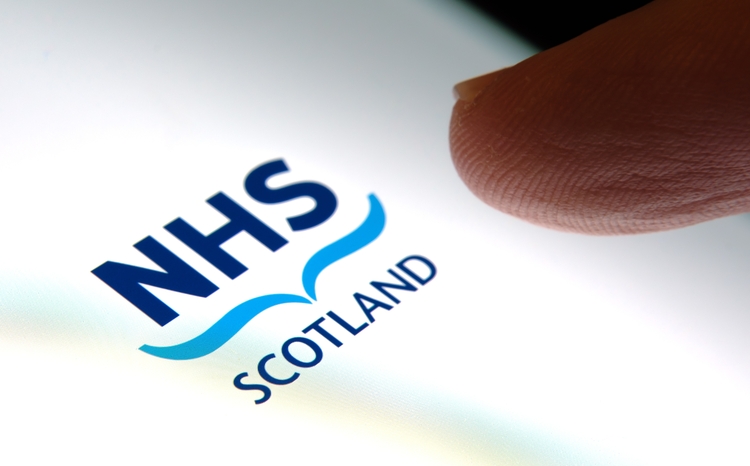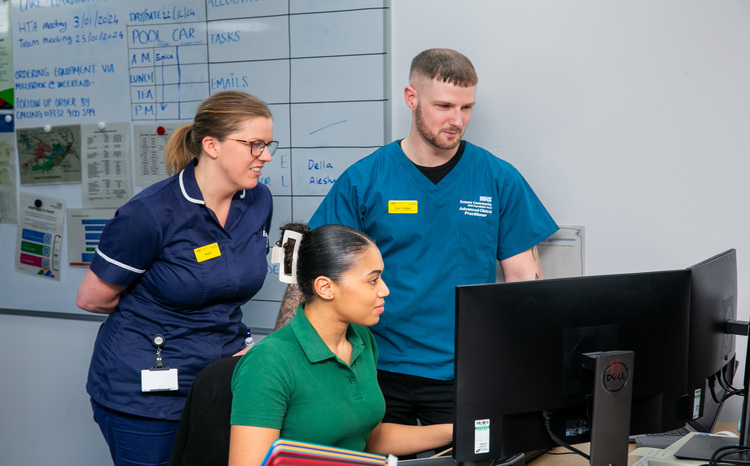IBM Watson’s social care deal with NW London local authority
- 21 September 2016

IBM’s Watson Health has moved into UK social care, with the machine learning company signing a ten-year agreement with Harrow Council to help deliver personal care budgets.
The North West London borough will use the Watson Care Manager to match individuals’ needs and budgets to the right support provider, using “cognitive technologies that provide personalised insight and evidence based guidelines”.
Watson would also control the contract and payments between the individual commissioning for support, and social care providers competing to supply the service.
In a statement, IBM said this process was “designed to stimulate competition and drive down costs” and could be used by both local authorities and clinical commissioning groups.
Martin Dugga, IBM director of social programmes, said using Watson combined with personal health and social care budgets could provide a new option for councils and NHS organisations for controlling the spiraling cost of health and social care.
“Harrow have consistently taken an innovative approach to delivering services, which makes Watson Care Manager a natural fit in advancing greater personalisation and data-driven efficiency.”
Harrow Council chief executive Michael Lockwood said with the rise of personal health and social care budgets rose, technologies for managing this more flexible system of delivery were increasingly important.
“It [Watson] will save money, reduce waste in the system and give people more control and flexibility over what care and health services they and their loved ones receive.”
IBM launched Watson Health in April last year as a unit aimed at using machine learning in collaboration with doctors, researchers and insurers to sift through masses of “masked” personal health data to gain new insights.
Most of this work had been focused in the US but in May, Watson Health announced it had teamed up with Alder Hey Children’s NHS Foundation Trust and the Hartee Centre, to transform Alder Hey into the UK’s “first cognitive hospital”.
The trust has started small with using the programme to help children at the Alder Hey hospital who are worried about their treatment or stay. But eventually the plan is to embed “cognitive programming” in nearly every health decision made at the trust.
Personal health and social care budgets have been the government’s favoured mode of care delivery for several years. In health, personal budgets are largely still at a pilot stage but the Department of Health wants between 50,000 and 100,000 people on one by 2020.
In social care, personal budgets are a legal requirement and about 500,000 people have their care delivered this way.
But the system has its critics, with a Public Accounts Committee report released in June stating it “was not assured that local authorities can fully personalise care while seeking to save money, and are concerned that users' outcomes will be adversely affected".




